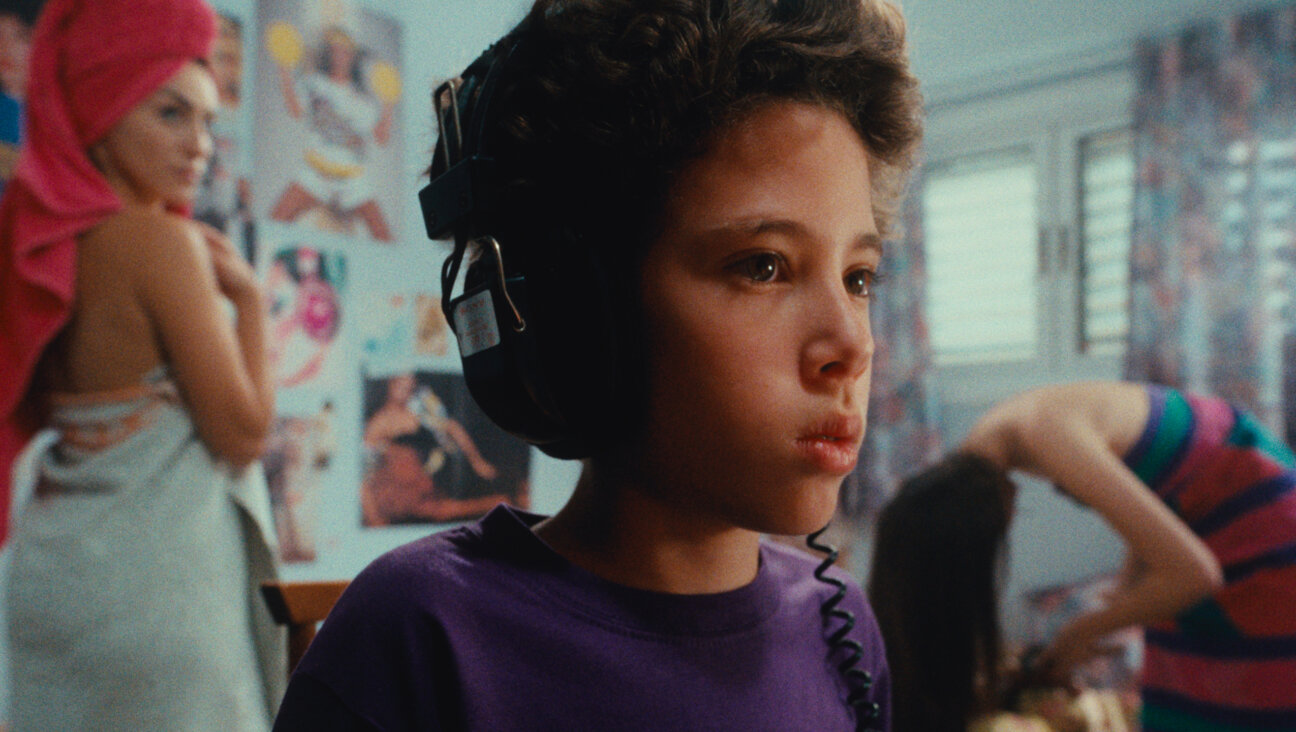We Knew We Had a Landmark Case
“I am Machlah, one of the daughters of Zelophehad. We are five sisters altogether. Tirzah is our center. Dreamy Tirzah. She’s certain she’ll be able to marry for love once she has her patch of land. It’s been years, but I still secretly say Kaddish for my father. I want something of his to call my own. But the reality is that we are middle-aged brotherless women who want what has always been ours — land promised to our family when we reach Canaan.
“When our father died in the desert we came together — half of a minyan, seeking five other women to bring the number to 10, and said Kaddish for our father. Our father died for the sin of speaking against Moses, but we are among the righteous women of the wilderness generation — women who worshiped the God of our father and mother faithfully during the golden calf debacle. We rejected the gloom and doom reports of the spies who first returned from Canaan. We have never stopped looking toward our future in the Promised Land. Our land. Land promised to us and our family.
“We knew that we would have a fight on our hands when the land was apportioned and we were not on anyone’s list to claim this property. We asked Serach, our godmother, our mentor, to stand with us.
“From the beginning we knew we had a landmark case. We were attempting nothing less then to challenge the prevailing patriarchy. If we won, it would improve life for all of our wilderness sisters. Serach said that our role in the community illuminated the nation of Israel’s larger story. “Remember,” she gently told us, “we may be socially disadvantaged, but we are not inferior to men.”
“Serach knows a thing or two about transcending social status. She was the only one of Jacob’s granddaughters mentioned in the family genealogy. When we were in mourning for our father, she led the shiva minyan and said Kaddish for all of the female cousins she outlived. Jacob blessed her with extraordinary longevity after she gently told him that Joseph was still alive. And she knew where Joseph’s bones were when it came time to collect them for interment in the Promised Land. Without that knowledge, there would have been no Exodus.
“At over 500 years old, Serach is regal and authoritative. She also has her Uncle Joseph’s gift for interpreting dreams. Last night she dreamed that God answered the prayers of half a minyan. She was not afraid. She and God had spoken on other occasions, and she pointedly asked, ‘What in this world of yours, our God and God of our ancestors, could possibly disqualify these women from tending their own garden?’”
“But later there was a stipulation:
“We had to marry within our tribe of Menasseh in order to keep the property in the family. This was no surprise. Serach had warned us that the patriarchy would somehow be restored. We comforted Tirzah, but I looked forward to the companionship. And eventually Tirzah complied and each of us married a first cousin.”
Judith Bolton-Fasman is a writer living in Newton, Mass.













